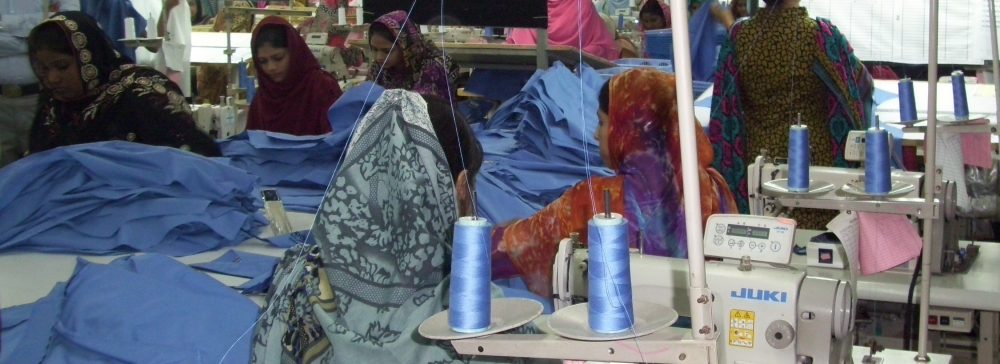Lizzie Richardson (Cambridge) blogs about GCEG2015
Lizzie Richardson was awarded an EGRG Travel Grant to attend GCEG2015. Read about her experiences below…
On home territory? Getting (dis)orientated at the Global Conference on Economic Geography, Oxford, August 2015
In trying to capture a sense of my experience of the above conference now some months past, I can’t help but come to rest on ‘disorientation’ as a suitable descriptor. Despite the conference taking place in the UK, and in the facilities of a university not unlike the one where I am currently based, for me there was something a bit queer about the event.
I use the term ‘queer’ deliberately.
This is because my sense of disorientation picks up Sara Ahmed’s Queer Phenomenology in which she considers how questioning orientation, and getting lost, can help us find direction. And as someone more schooled in ‘cultural’ matters, this conference was something of an outing into what was for me the under-charted territories of economic geography.
This process of disorientation to reorientate myself at the conference involved queer encounters with the subject matter of economic geography. Some of this was through engaging with completely new areas for me, for example aspects of ‘financial economies’. Equally it involved becoming attuned to different vocabularies to describe topics with which I am familiar, such as ‘work economies’.
But as well as querying my own position, this sense of disorientation was in operation in the subject of the conference itself. Perhaps unsurprisingly, far from being homogeneous research matter, economic geography proved to have incongruities and heterogeneities. There were lots of different speaking positions, some of which seemed to be more receptive to entering into dialogue than others.
This heterogeneity was the subject of Jamie Peck’s keynote address at the opening reception, held in Oxford’s Museum of Natural History. Known to have a fondness for allegory, he borrowed the classification of the scholarly ‘lumpers’ and ‘splitters’ who differently construct natural history, and applied these academic types to the production of knowledge in economic geography. As someone with a cultural ‘predilection’, I enjoyed Peck’s lecture for its thoughtful construction, but was also drawn to his assessment that economic geography is yet to properly respond to the ‘post-structural’ challenge, posed some twenty years ago by feminist economic geographers.
Another notable point when incoherence and uncertainty around speaking positions emerged was in the final plenary, the topic of which was ‘global encounter, pluralism and transformation in economic geography’. The session was constituted by a discussion between Britta Klagge, Jane Pollard and Henry Wai-chung Yeung, chaired by Gavin Bridge. As well as providing some interesting bits of academic life history for each of the panellists, the session contained some thought provoking discussion about the challenges of ‘doing’ economic geography, and of ‘being’ an economic geographer.
And in this reflexive light, thinking through Sara Ahmed reminds me of the importance of being receptive to queer orientations. To allow for plural approaches in economic geography means being willing to see things differently. Or for Ahmed, to extend the parameters of the visible and the sayable involves disclosing work, when the things in front of us that allow us to find our way, can also conceal other directions. Such a question of what falls within the parameters of economic geography, and what economic geography might obscure, was evident in the ‘digital economies’ stream.
Perhaps an unfair (and not to mention biased) comparison, but I felt the topic matter open to discussion was much broader in the panel (in which I participated) on the ‘sharing economy’ than much of the content of the digital economies plenary session. Nonetheless, in both sessions, what was interesting was the struggle to find a vocabulary for ‘digital economies’ that might do justice to overlaps with and departures from existing theoretical and empirical work in economic geography.
Overall, and including the usual conference cocktail of overstimulation and sleep deprivation, I thoroughly enjoyed my outing at the conference. I am grateful to the Economic Geography Research Group of the RGS-IBG for their travel award.
